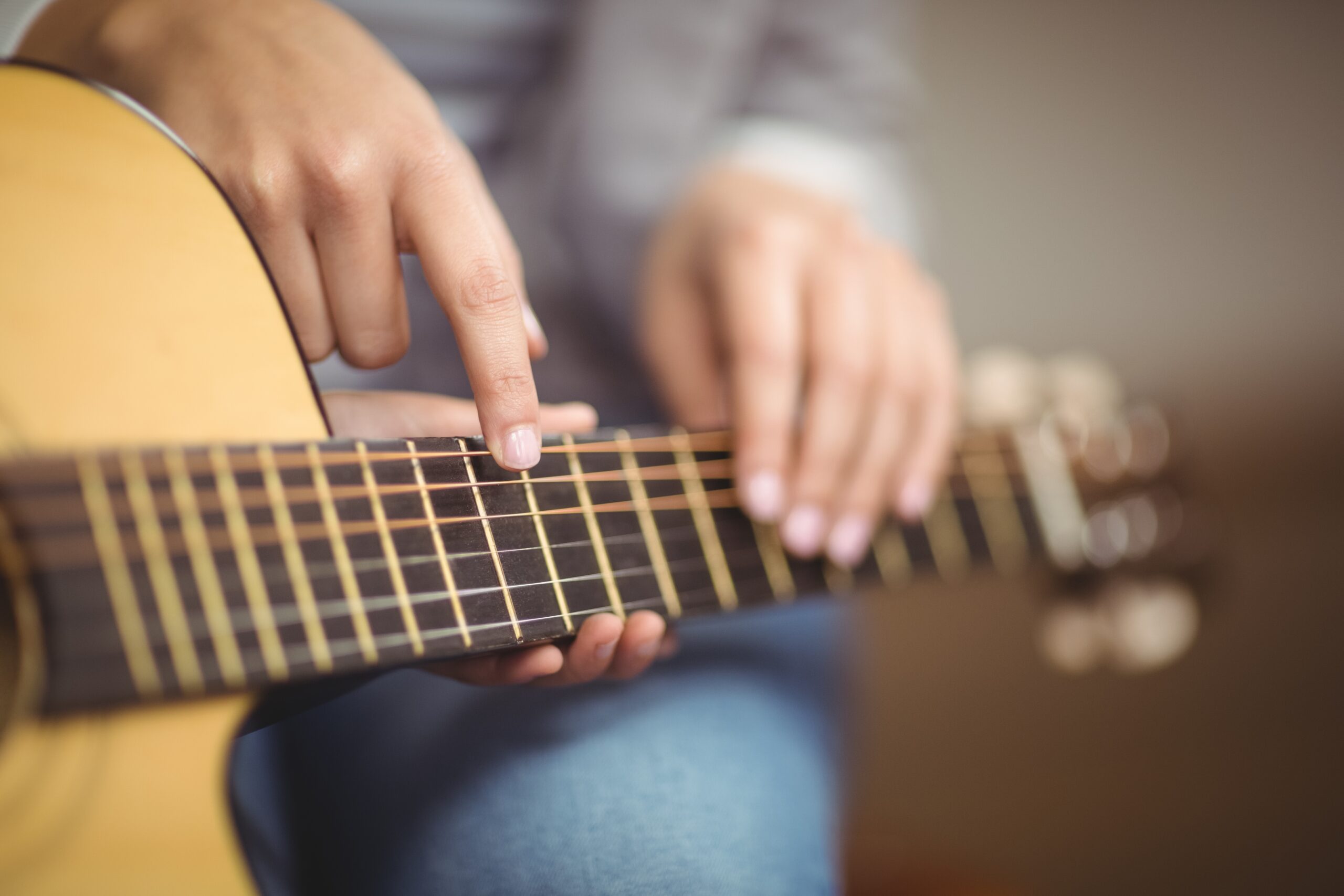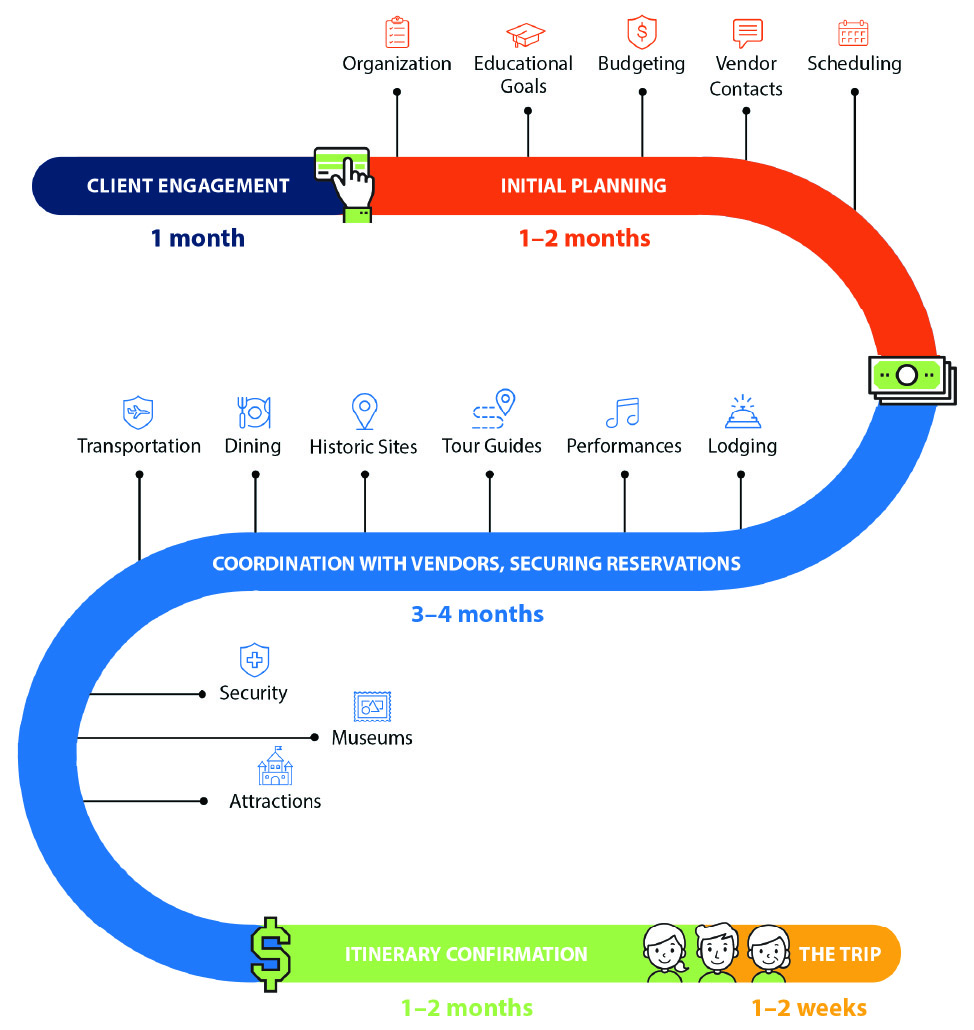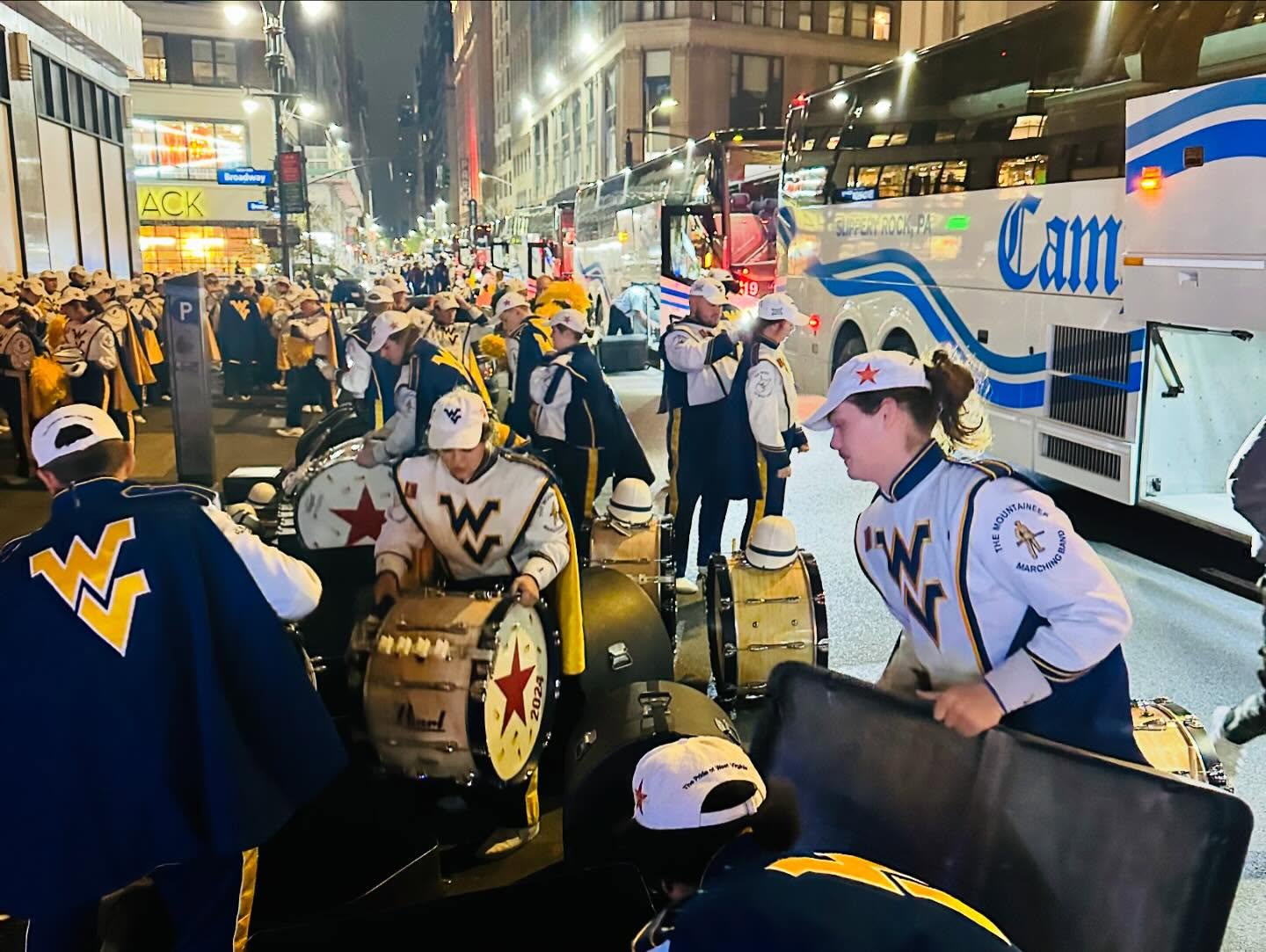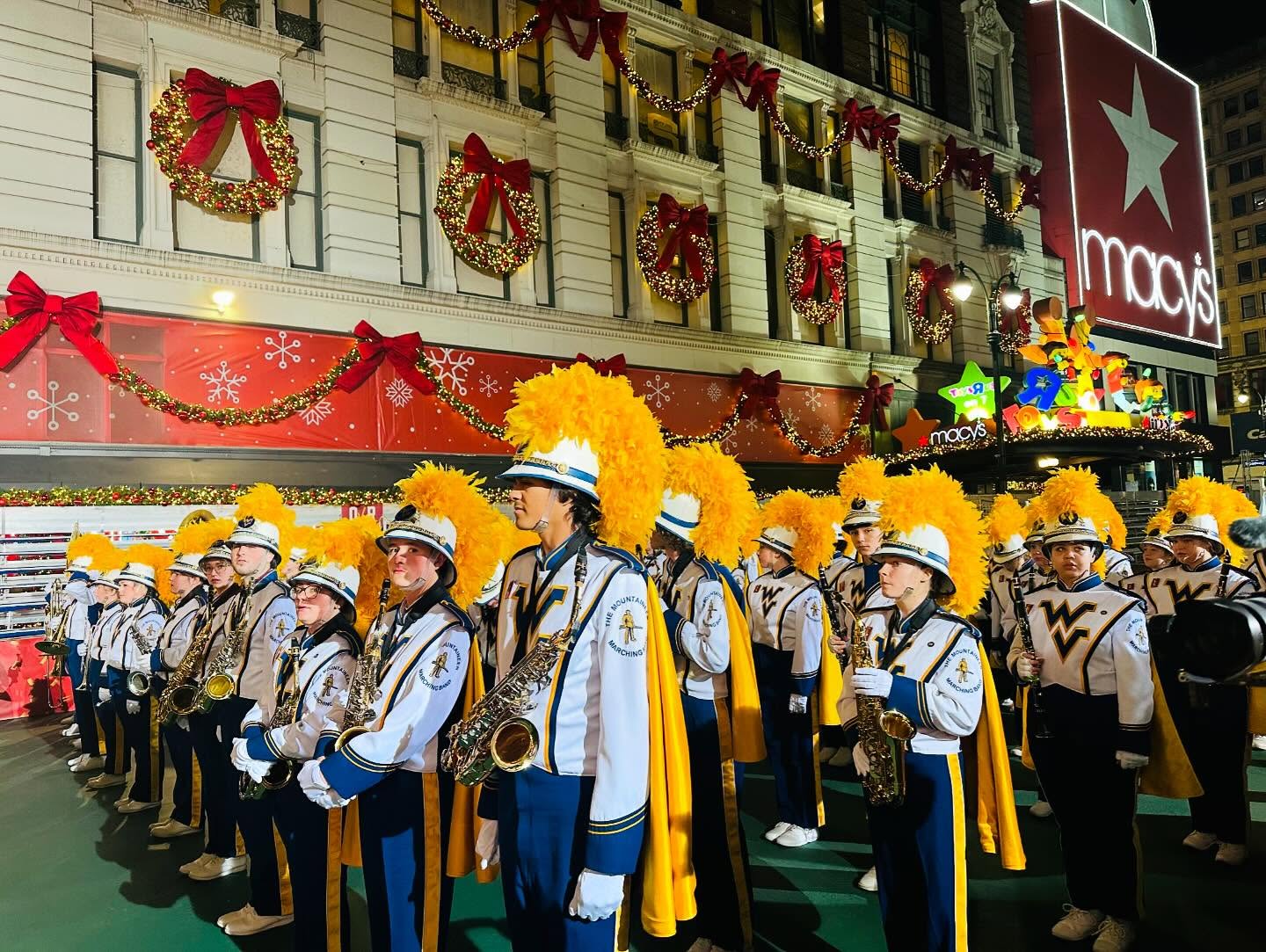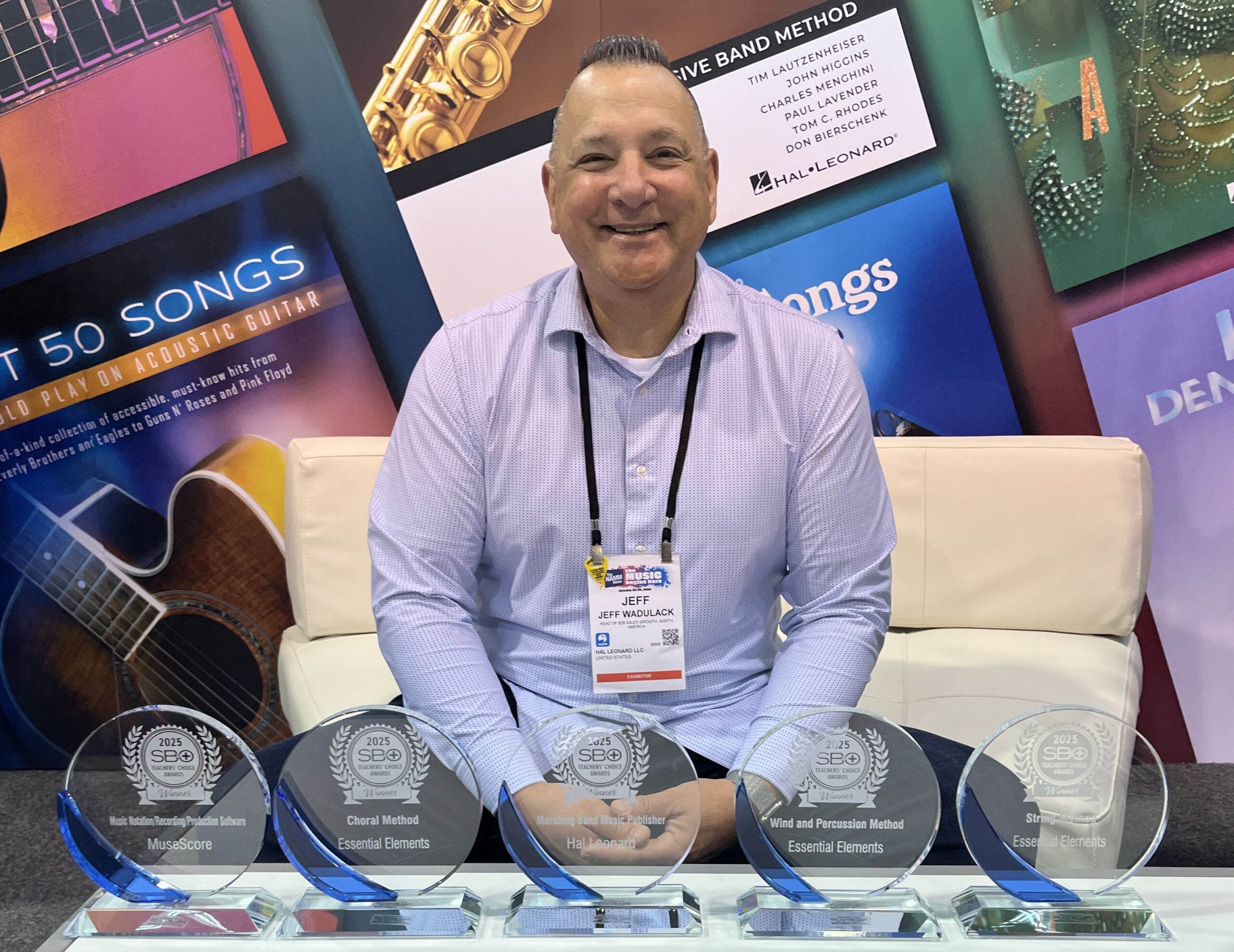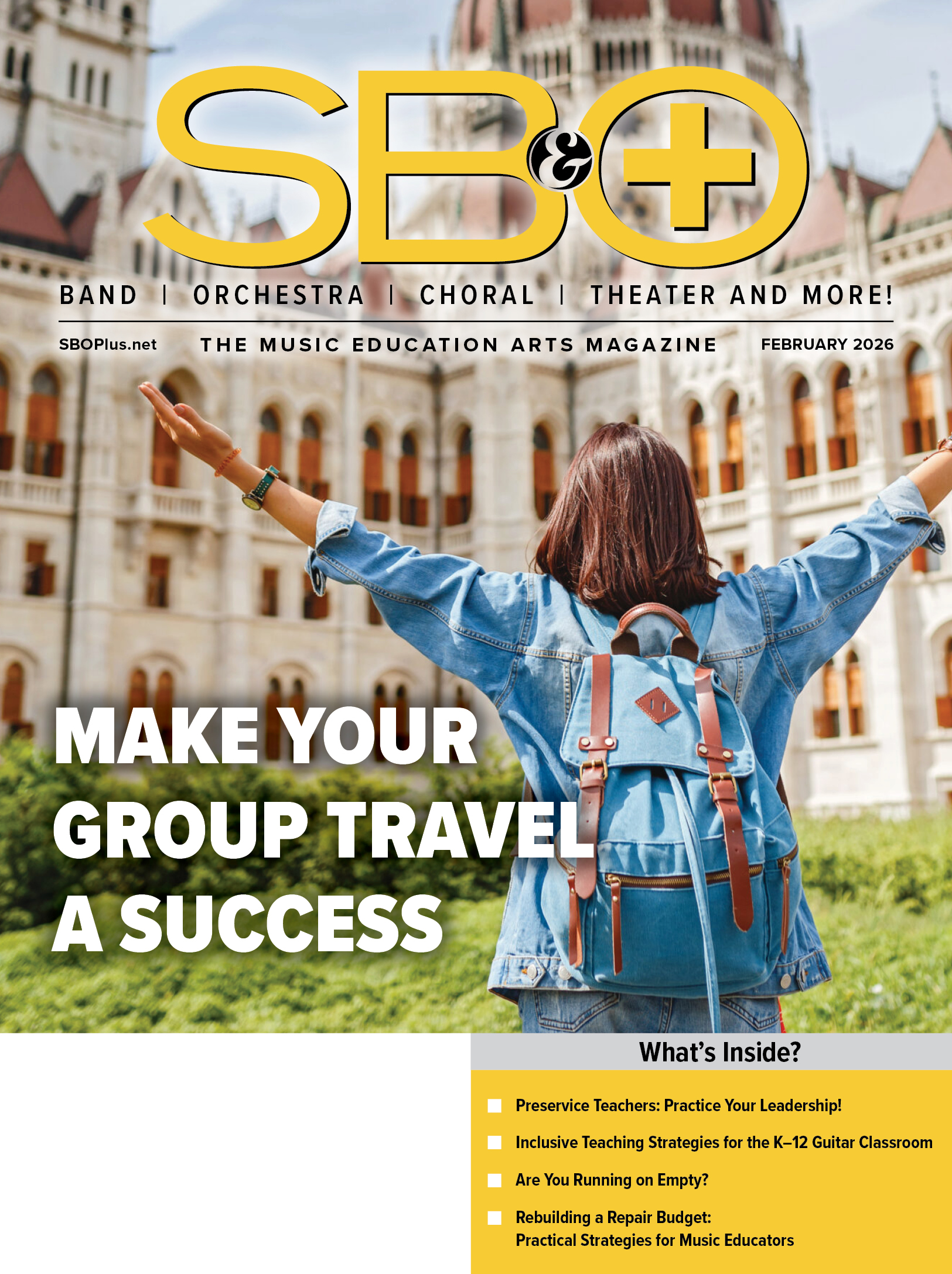 As we enter the third decade of the twenty-first century, the time has come for music educators to stop pussyfooting around and advocate for universal music education. Indeed, it is long past time. We should stop wasting valuable time – time that belongs to us and to the children in our care – and we should stop seeking compromise solutions that merely seek to preserve music education’s place in school curriculums, a place that is in most cases completely upside-down, a place that has fallen into neglect and disrepute over that last decades, a place that was rarely or never ideal in the first place. It is time to advocate for what is truly needed by our children and our society: a comprehensive music education for every child in every school.
As we enter the third decade of the twenty-first century, the time has come for music educators to stop pussyfooting around and advocate for universal music education. Indeed, it is long past time. We should stop wasting valuable time – time that belongs to us and to the children in our care – and we should stop seeking compromise solutions that merely seek to preserve music education’s place in school curriculums, a place that is in most cases completely upside-down, a place that has fallen into neglect and disrepute over that last decades, a place that was rarely or never ideal in the first place. It is time to advocate for what is truly needed by our children and our society: a comprehensive music education for every child in every school.
Music education belongs in the life of every child, and this means every child who graduates from high school should have received a music education that provided him or her with the skills to: sing fluently, play an instrument fluently, and read and write music notation with enough skill to participate in musical ensembles with satisfying results; have a working knowledge of music history and music theory that provides them with an appreciation of the art form and its place in human culture; and experienced the profound moments of social harmony and personal fulfillment that can arise from the rehearsal and performance process.
Universal music education is music education for every child.
Even in most schools that boast of robust music programs, participation is by a minority of students. In the cities I have lived and worked in, some with vaunted music education programs, only about one fourth of high school students enroll in any music class during their high school years.
Our Music Education System Is Upside Down
Despite the fact that we know that the developmental “window” during which children have the greatest aptitude for learning all of the musical skills described above – the “golden age” of the elementary school years between the “age of reason” attained around age seven and the onset of puberty – most elementary school music programs do not provide children with the significant achievement of any of these skills before they reach middle school. This is by design: most elementary school music programs are not set up to provide children with the frequency, repetition, or intensity required to develop these skills.
Most middle school music programs therefore begin with a severe handicap: students are introduced to the experience of ensemble music when the time has already passed at which they would most readily embrace it and develop the skills to be successful at it. For most children, by the time they are offered the opportunity for any real musical training, it is too late. Because of this situation, in their middle school years the majority of children are discouraged from pursuing musical activity in school, even if they are introduced to music classes during an “arts rotation” or some other introductory survey, and by high school most students elect not to participate in music classes at all.
This design for music education in our schools produces the current atmosphere of competition that dominates the entire music education culture and perpetuates the myth that musical talent is a kind of giftedness reserved for a lucky minority of the population. The competition design is maintained, supported, and promoted by our professional music education organizations, whose primary activities are organizing competitions.
The exact opposite is in fact the truth. Musical talent is dirt cheap: everybody has it. The activity, solace, and joy of music is the birthright of every human being, and does not belong only to a select, “talented” few. Music is too important to be left only to the professionals – it belongs to everyone, and always has, in every culture, in every time and place.
A Very Old Idea
The emphasis on music as a “core” subject which every student must study in school is not a new idea – it has been around for about three thousand years. The ancient Greeks included music as one of the seven essential components of a liberal arts education: grammar, logic, and rhetoric (the trivium) and arithmetic, geometry, music, and astronomy (the quadrivium). The founders of western civilization considered these skills – including music – necessary preparation for citizens to participate in a free society, with all of its attendant responsibilities.
“The man that hath no music in himself,
Nor is not moved
with concord of sweet sounds,
Is fit for treasons, stratagems and spoils”
~ William Shakespeare
The Merchant of Venice, 5.1.83-85
This famous quote from the author generally regarded as the greatest ever to write in English (which I chose as the motto for Off The Podium when I began to write in 2015) describes the general attitude about music education of the European Renaissance: those who have not received an education in music cannot be trusted.
The Purpose of Music Education
Opponents of universal music education will protest that including music as a core subject is too expensive. But the costs to our society of not including music education as a core subject are much greater. Some 2.3 million Americans are incarcerated in the United States, more than in any other nation. Although I am not aware that a survey of the music education backgrounds of U.S. convicts has ever been attempted, it is a safe bet that only a small minority of those behind bars were given a comprehensive music education, and as children did not experience the positive social and emotional benefits that are central to music education.
As I described in Wholehearted Attention, “students who sing in choir or play in band or orchestra must simultaneously perform a complex set of operations that call on more aspects of the human being than any other activity they face in school”. This wholehearted attention demanded by musical activity from every participant – complete absorption in the moment in which all other thoughts and concerns disappear – provides the rare opportunity for the child to experience the harmonious engagement of all parts of herself at once: physical, intellectual, and emotional engagement within a collaborative social context.
“We do not learn from experience…
we learn from reflecting on experience.”
— John Dewey
Musical activity demands wholehearted attention and this state presents the child with opportunity and means to integrate experience, thought, feelings, and sensations in a complete and challenging way that no other school activity can provide. When the music education environment is carefully cultivated, the child is presented with material that assists her in reflecting on experience in an emotionally safe social setting, and she returns to the state of wholehearted attention on a daily basis. In this way, a fertile ground is prepared for the development of consciousness, which in turn makes it possible for the child to become acquainted with conscience in a manner that is free, intimate, and sustained.
The development of this relationship with the inner voice of the psyche – this practice of return to ourselves – this is the purpose of music education. Universal music education is a call to conscience.
Walter Bitner is a multi-instrumentalist, singer, conductor, and teacher, and serves as director of education & community engagement for the Richmond Symphony Orchestra in Richmond, Virginia. He writes about music and education on his blog Off the Podium at walterbitner.com.

